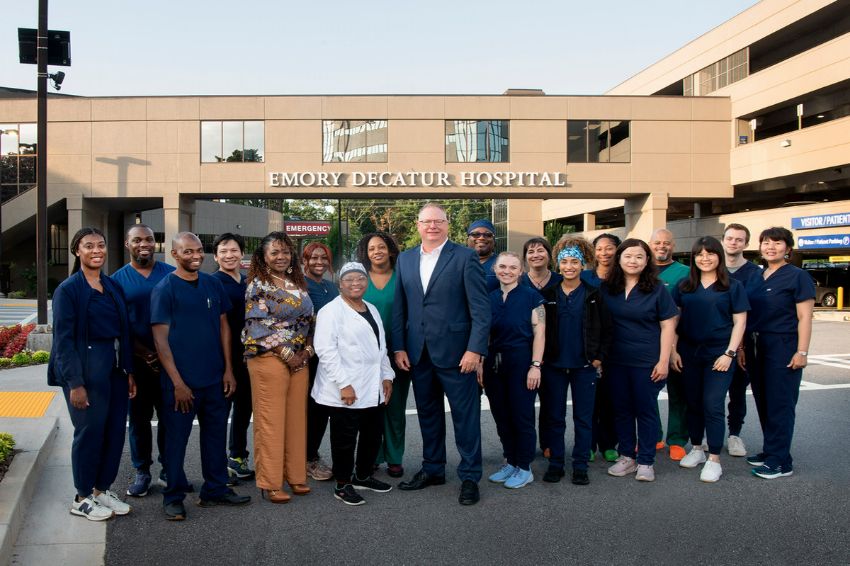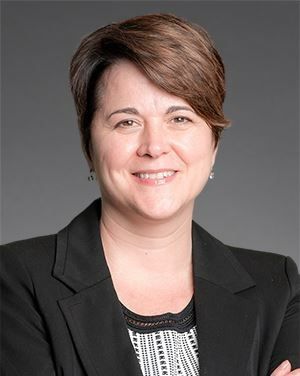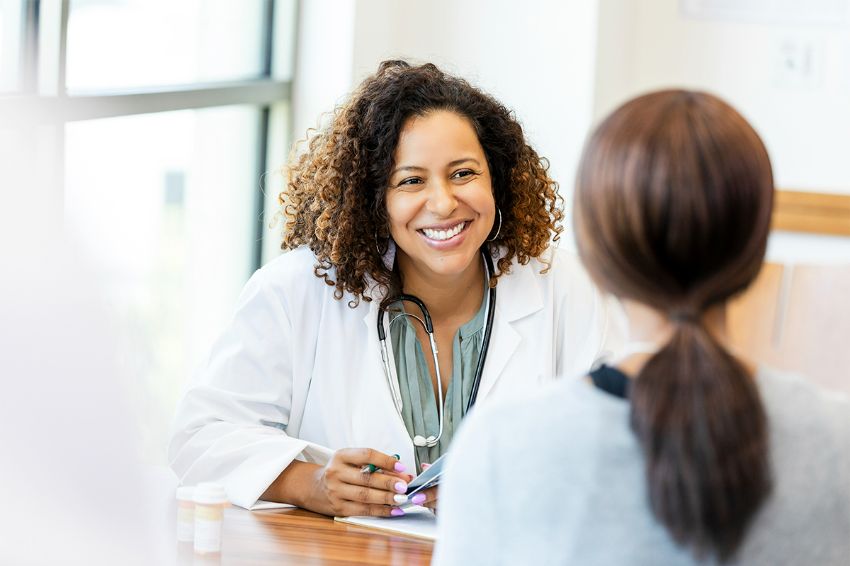Pregnancy is often a risky time for women, but in the U.S., a woman’s pregnancy can present even more complications depending on where she lives.
Recently, the March of Dimes classified more than 35% of U.S. counties as “maternity care deserts,” with little or no access to pre- or postnatal care. With nearly two out of three deaths occurring during the postpartum period — particularly through heart conditions, infection, hemorrhage, high blood pressure or stroke — the lack of access for women in the year after giving birth can be critical.
To address the health issues that often come with maternal health care deserts, the National Institute of Health’s (NIH) Rapid Acceleration of Diagnostics Technology (RADx) program launched the Maternal Health Challenge — a competition to develop new medical devices women can use at home or in clinics to help detect, diagnose and monitor diseases in the first year after birth.
The technologies, such as non-invasive wearables, were explicitly designed to function outside of large hospital settings. Together, the devices could be a precious resource for women that don’t have ready access to postpartum health care.





